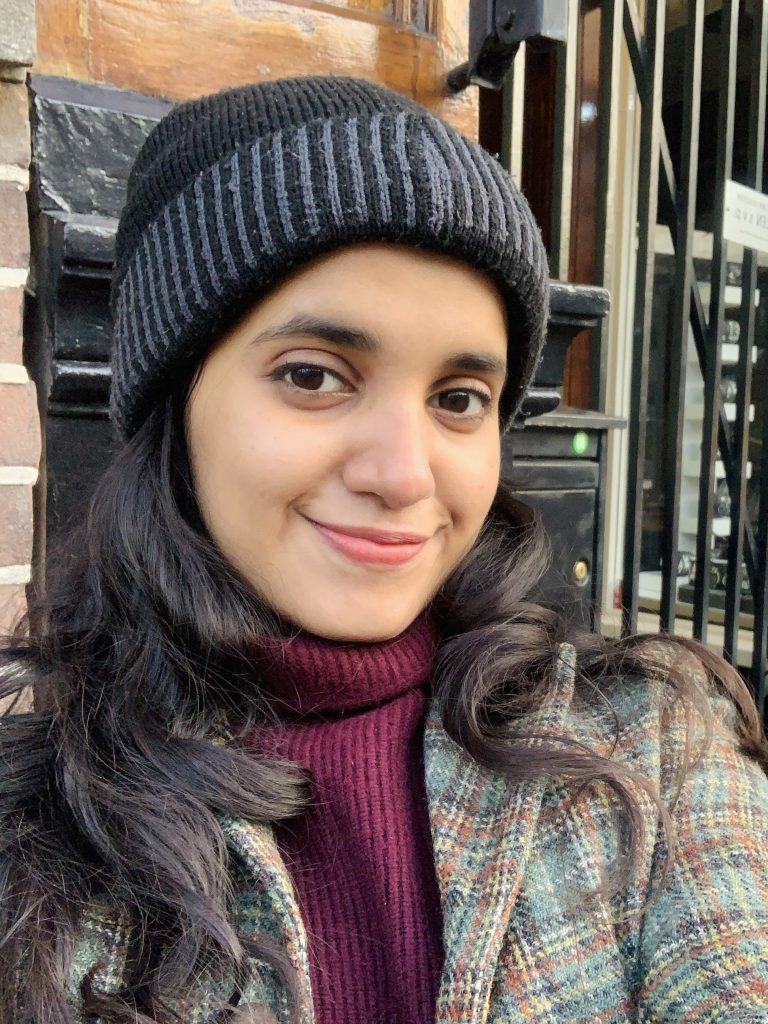About the project
The main objective of this project is to harness the power and versatility of enzymatic networks to achieve spatiotemporal, and genetically programmable control over biomolecular condensates inside synthetic cells. Enzymes involved in the ATP metabolism will be localized to peptide-based condensates and their activity will be used to modulate the condensate surface tension, charge and material properties. The aim is to develop a programmable approach for localization and membrane adhesion of condensates in synthetic cells, ultimately leading to exocytosis and division of these synthetic cells. This project will advance our understanding of condensate dynamics and function, both in synthetic biology and in living cells.
The project will include secondments at the Max Planck Institute for Colloids and Interfaces in Potsdam, Germany (Dimova Group), the University of Groningen in the Netherlands (Poolman Group), the Heinrich Heine Universität Düsseldorf in Germany (Exterkate Group) and the Centro de Investigaciones Biologicas Margarita Salas of CSIC in Madrid, Spain (Rivas Group).
Selected References
- T. Lu, S. Liese, L. Schoenmakers, C.A. Weber, W.T.S. Huck and E. Spruijt, Endocytosis of coacervates into liposommes, J. Am. Chem. Soc. 144 (30), 13451-13455 (2022); https://doi.org/10.1021/jacs.2c04096
- T. Lu, S. Javed, C. Bonfio and E. Spruijt, Interfacing coacervates with membranes: from artificial organelles and hybrid protocells to intracellular delivery, Small Methods 7, 2300294 (2023); https://doi.org/10.1002/smtd.202300294
- K.K. Nakashima, M.H.I. van Haren, A.A.M. André, I. Robu and E. Spruijt, Active coacervate droplets are protocells that grow and resist Ostwald ripening, Nature Commun. 12, 3819 (2021); https://doi.org/10.1038/s41467-021-24111-x
Doctoral Candidate: Ladida Kalana

Ladida holds an integrated BS-MS degree from the Indian Institute of Science Education and Research (IISER), Mohali, India, with a major in Chemical Sciences and a minor in Biology.
For her Master’s thesis, she explored how salt-mediated modulation of protein modification in the condensed phase alters ε-amine Brønsted basicity. She also worked at the Tata Institute of Fundamental Research (TIFR), Hyderabad, India, where she investigated the molecular driving forces promoting LLPS and aggregation of amyloid-beta 42 using various biophysical techniques.
Hosted by:
Evan Spruijt
Radboud University
Nijmegen, the Netherlands, Institute for Molecules and Materials
www.spruijtlab.com

